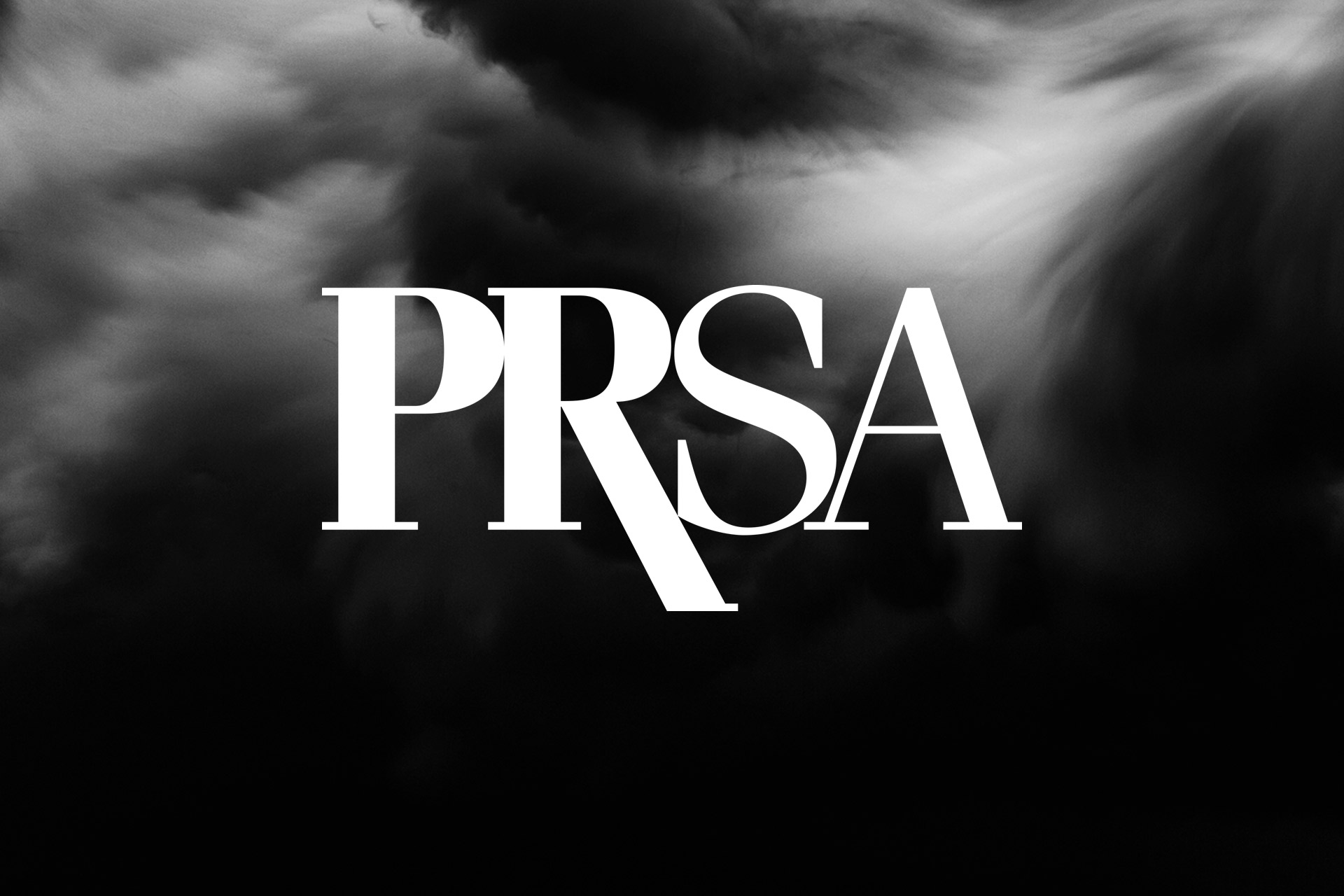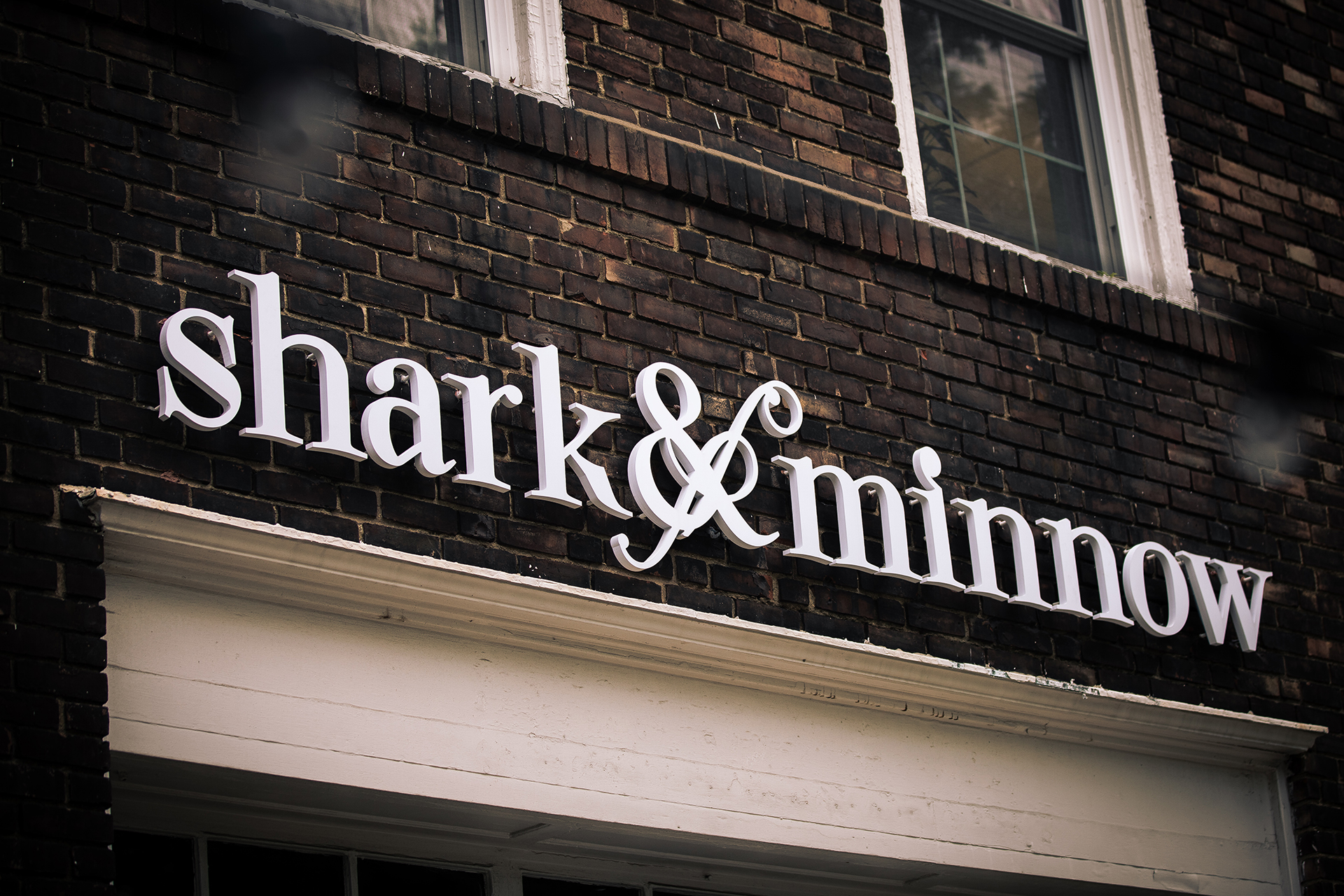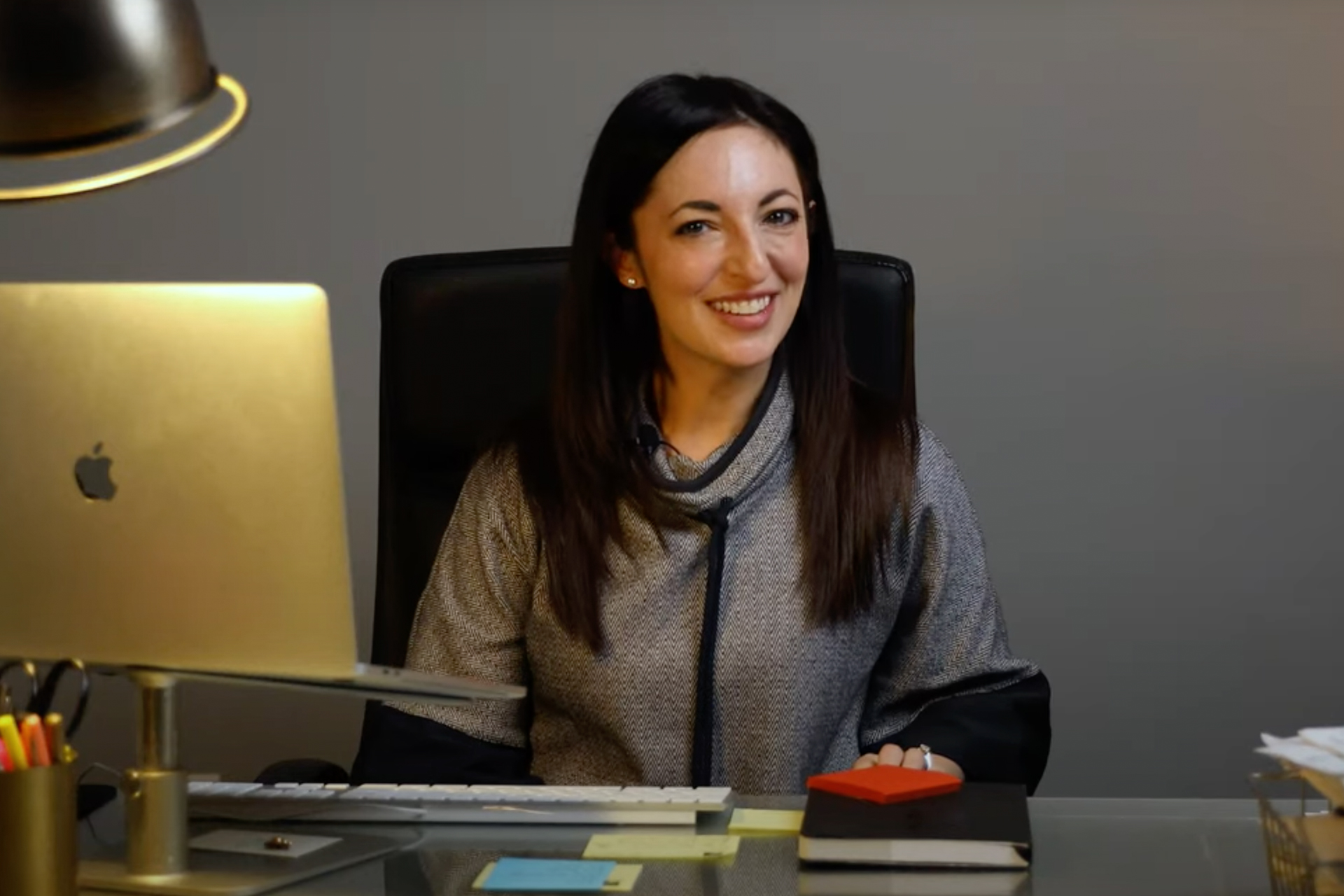Release Early, Often, and with Rap Music
“How much impact can you have with the least lines of code – that was important to hackers. But I think that same kind of thinking applies to making anything … I think it can be applied to any creative pursuit.” – Evan Roth
We have been fans of Evan Roth for a few years now, projects like the open source music video for “Brooklyn Go Hard” by Jay Z and The EyeWriter have opened our eyes to the great cultural impact technology and digital experiences can have on the individual, and the world.
Artists are Hackers
Check out the Ideas Worth Spreading or #pirateTED project from Evan Roth’s collective, Free Art & Technology Lab (F.A.T.).
Brooklyn Go Hard
The EyeWriter
However, it was the article “Evan Roth: the badass artist hacking popular culture” by The Guardian, that reminded us why he has been so prolific, and successful at changing the world around us – hacking. Hacking is a mindset, a way of mashing up seemingly unrelated ideas and creating something new that minimizes friction or effort, providing alternative cultural perspectives or solutions to problems. We have called this mindset of divergent thinking The Mashup Class, however it was born of the open source movement.
“For me [open source] ideas really resonated outside of just making software,” Roth says. He subscribes wholeheartedly to the idea of maximizing cultural impact with the least amount of effort – an idea that came from code.” – Evan Roth
This also made us think more about the industry we work in, advertising and marketing, and how it is broken. Specifically, a presentation our dear friend, Gareth Kay, Chief Strategy Officer at Goodby Silverstein & Partners, shared at Cannes Lions 2013. In order for our industry to thrive, Gareth argues that we must move beyond advertising, and become hackers.
A Stark Warning to the Advertising Industry
This has been the obvious path for all advertising and marketing professionals, however very few have realized how to change relative to the world around them, instead they have complained. More frustrating, is the fact that they didn’t even apply their own expertise (i.e. creative problem solving) to their own industry to foresee the dramatic shift, or even react. The world needs less mad men and more creative problem solvers. Now, let’s get to work.









